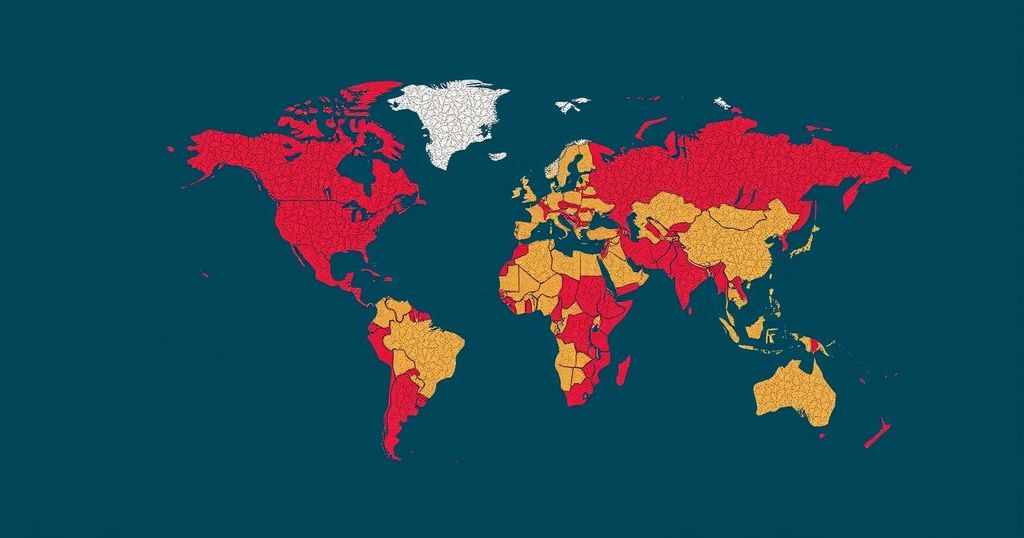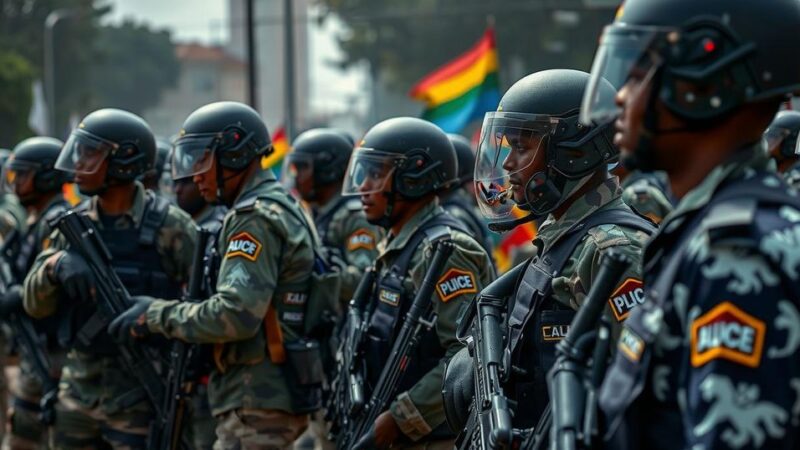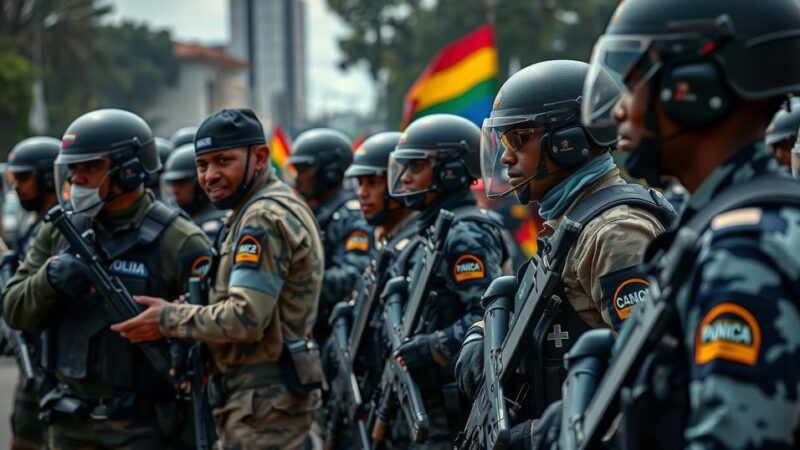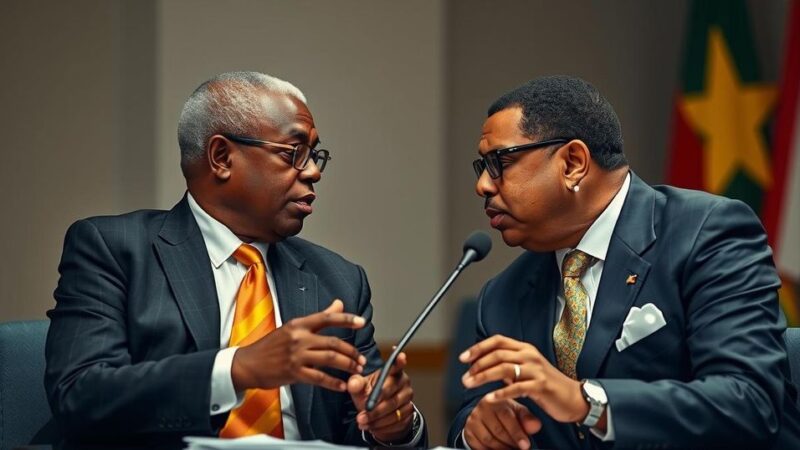The Biden administration has announced that it will not extend a two-year humanitarian parole program for Haitian, Cuban, Venezuelan, and Nicaraguan migrants who arrived by plane. This decision impacts a significant number of individuals residing in South Florida and forces those nearing the program’s end to seek other legal status. Amid rising tensions in immigration policy discussions, the program remains open to new migrants but not for those currently protected under this status.
The Biden administration has decided not to extend a two-year humanitarian parole program for migrants from Haiti, Cuba, Venezuela, and Nicaragua, which permits eligible individuals who arrived via plane to live and work in the United States. Initially launched in 2022 for Venezuelans, the program aimed to create a lawful avenue for migrants amid increasing illegal crossings at the U.S.-Mexico border. This decision directly affects a substantial population in South Florida, where these communities are notably concentrated. Current statistics indicate that approximately 214,000 Haitians, 117,000 Venezuelans, 111,000 Cubans, and 96,000 Nicaraguans have benefited from this policy during its duration. As the 2024 presidential election approaches, immigration policy has gained attention, with heightened rhetoric from both parties. Homeland Security officials have stated that individuals nearing the expiration of their two years must seek alternate legal status, depart, or risk deportation. The program still remains available for new migrants at the border, while migrants from Afghanistan or Ukraine are unaffected. Overall, this policy shift underscores the complicated landscape of U.S. immigration reform and the ongoing challenges faced by asylum seekers and humanitarian migrants.
The Biden administration’s decision to discontinue the two-year program stems from broader immigration policy discussions at a time when illegal crossings at the U.S.-Mexico border have alarmed national officials. This humanitarian parole program was intended to provide a temporary solution for migrants escaping dire situations in their home nations, while also working to mitigate border traffic. The program originally targeted Venezuelan migrants in 2022, later expanding to include Cubans, Haitians, and Nicaraguans. With key elections approaching, these policies are likely to face heightened scrutiny and debate, reflecting the contentious nature of immigration reform in the United States.
In conclusion, the Biden administration’s refusal to extend the two-year humanitarian parole program for certain migrants marks a significant shift in immigration policy with far-reaching implications. It will likely prompt affected individuals to explore alternative legal avenues or face the risk of deportation. This development, particularly ahead of the 2024 presidential election, highlights the ongoing complexities and debates surrounding U.S. immigration policy, especially regarding humanitarian cases.
Original Source: www.wlrn.org





